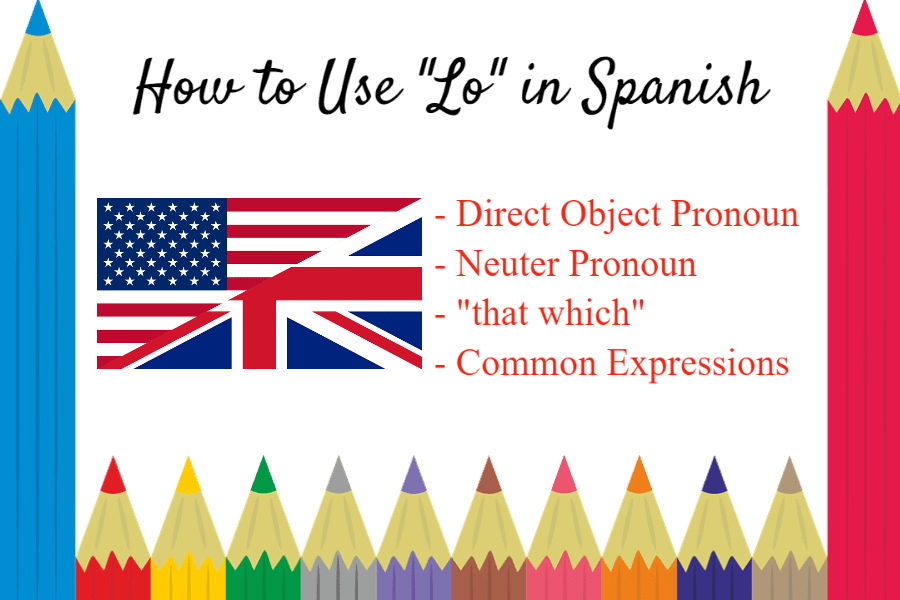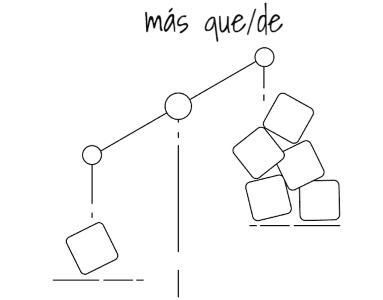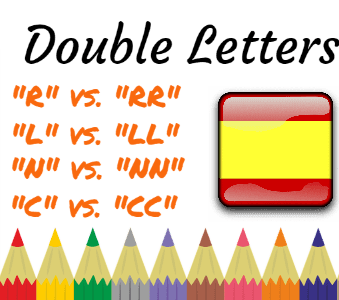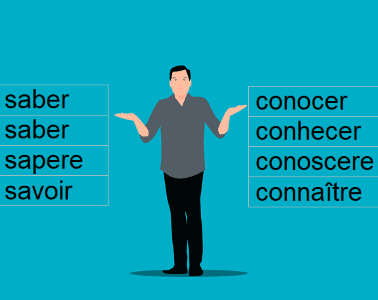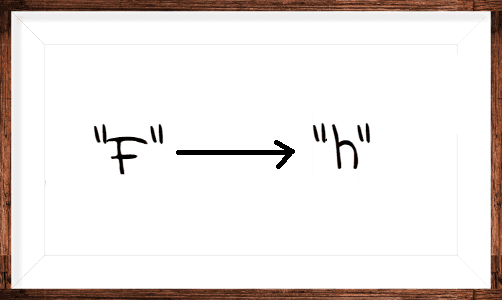How to Use “Lo” in Spanish – A Detailed Explanation
The pronoun “Lo” in Spanish can be a bit of a linguistic chameleon, changing its meaning and function depending on the context. Let us unravel the mysteries of this versatile word and shed some light on its various uses. In this article we will go over these different meanings so that perplexed learners can better … Read more

